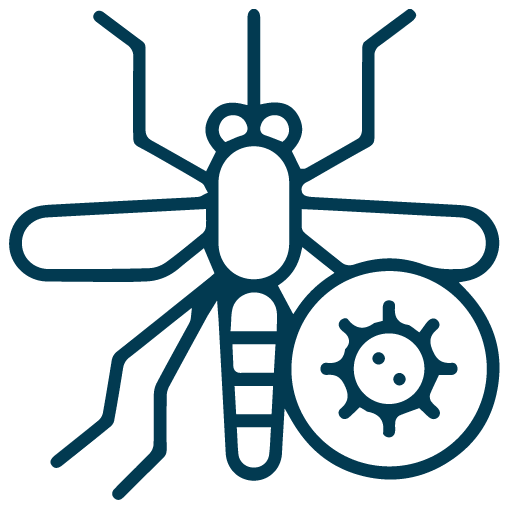
Your one stop Vaccination Clinic
Yellow Fever Vaccine
Yellow Fever Vaccine
We provide a full range of travel vaccinations and medication
The Vaccination
| Ages (Years) | Doses Required | Schedule | Time before travel | Boost required at |
|---|---|---|---|---|
| 2 – 85 | 1 | – | 10 days | n/a |
*Vaccines work best if given time to become active. This vaccine can be given up to the day before travel and will provide some cover.
Use the map below to identify areas of risk for travel.
Simply call the clinic of your choice or send us an email enquiry, and our travel specialists will get back to you as soon as possible.

We’re Waiting To Help You
The West Midlands Travel Clinic offers a wide range of vaccines and travel vaccinations.
Contact us today to get your and your loved ones protected.
Same Day Appointments
We are pleased to offer same-day appointments at the West Midlands Travel Clinic, to ensure you receive prompt and efficient care when you need it most.
Expert Pharmacists
Our team includes expert pharmacists who are dedicated to providing you with personalised and professional healthcare advice.
Competitive Pricing
We offer competitive pricing on our vaccinations to ensure that essential healthcare is both affordable and accessible to everyone.


